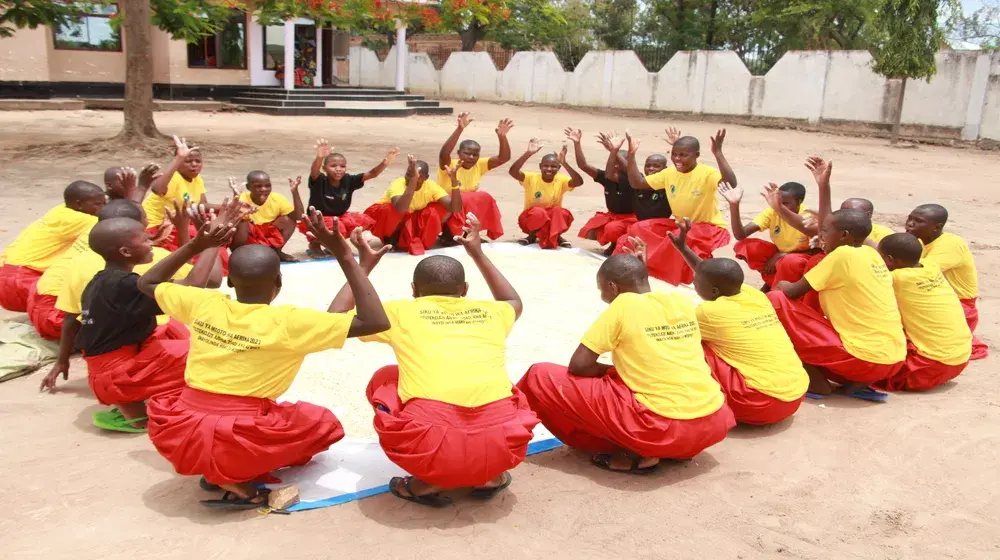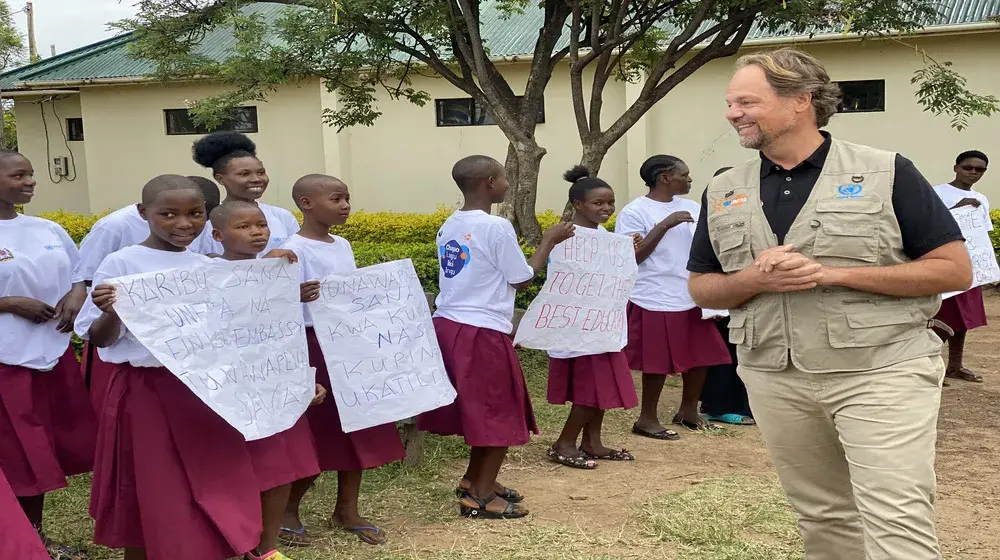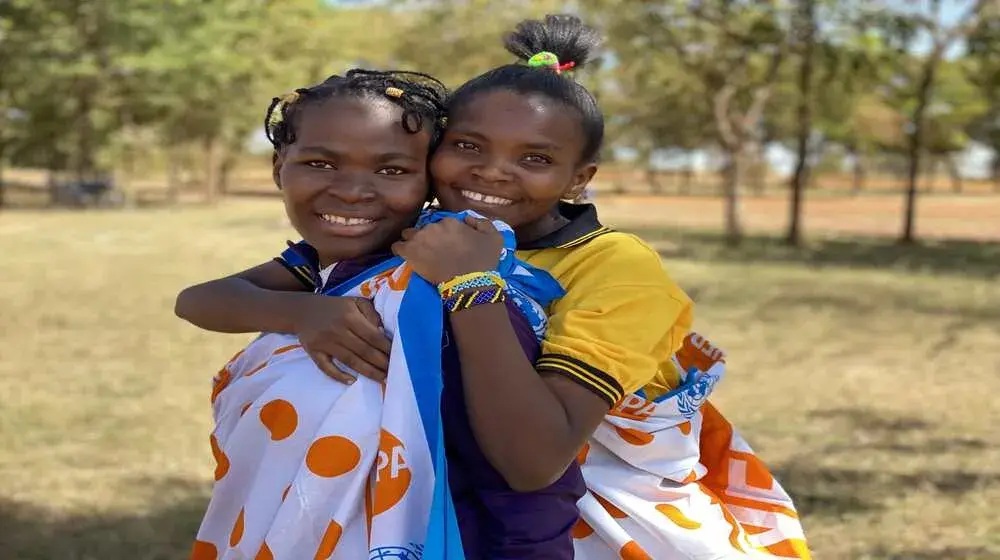Winda* was aged 13 and just about to start secondary school when her father told her he wanted her to be cut (undergo female genital mutilation (FGM)). “He told me I was now grown up and I had to be cut so that my family could be proud of me and be respected in the community,” she recalls.
With the obvious devastating effects – it seems like it should be an easy decision to say no to FGM. But for Winda – and millions of women and girls around the world – who live in communities where FGM is seen as a ‘rite of passage’ and where girls who are ‘uncut’ are stigmatized and often unable to marry – saying no can mean losing your community, your family and friends.
FGM in Tanzania
Female genital mutilation has been illegal in Tanzania since 1998 and the government is committed to ending the practice, as articulated in national, regional and global development agendas, including the National Strategy to End Violence Against Women and Children (2017-2022) and the 2030 Agenda for Sustainable Development. Notwithstanding this commitment, however, and a decrease nationally in the prevalence of FGM, there are significant regional variations and in Mara Region – Winda’s birthplace – 32 percent of women aged 15 to 49 still undergo FGM.
Empowering girls to say no to FGM
Winda* had been educated about the harmful impacts of FGM; ending FGM activists had visited her school. She knew she could suffer serious short and long-term impacts, even death, and says she was terrified. She pleaded with her family not to cut her – with her brother’s support. He too had been educated about FGM – but they refused to listen. “My mother said I was taking her for a fool. She had been cut – as had many of her relatives – and none of them had suffered any of the things I was talking about,” Winda recounts.
Winda was scared, but her will to resist FGM was stronger and she made the courageous decision to run away from home. She walked for three days to reach the Police Station at Mugumu, where on reporting her case she was taken to a Police Gender and Children’s Desk. “Sijari, the police officer, told me she would help me and she brought me here to this safe house.” Winda is now 17 and is still at the safe house run by Hope for Women and Girls, Tanzania, in Serengeti. She is being supported to continue her education and she says she still dreams of becoming a doctor.
Winda is among the many young women who are saying no to FGM in Tanzania, and she is not alone.
Accelerating progress towards the global goal of zero FGM
Winda is among the many young women who are saying no to FGM in Tanzania, and she is not alone. Young men, parents, and communities have made the decision that they do not want to carry this practice forward, that they want a better future for their children – a better world for their daughters.
UNFPA remains committed to accelerating efforts to reach the global goal of ending FGM by 2030 supporting a whole of community effort – from the strengthening of the policy environment in Tanzania and across its borders to increased awareness raising in communities and schools for women and girls, men and boys, traditional leaders, and teachers, and the scaling up of alternative rites of passage, where girls mark the transition to womanhood without FGM. We are also supporting the strengthening of prevention and response systems, including the National Child Helpline and the establishment of Police Gender and Children’s Desk as well as training for officers.
Today as we commemorate International Day of Zero Tolerance for Female Genital Mutliation – for girls like Winda and many others like her – we echo the clarion call around the world: “This is no time for inaction: Unite, fund and act to end female genital mutilation”.
* Name has been changed.





